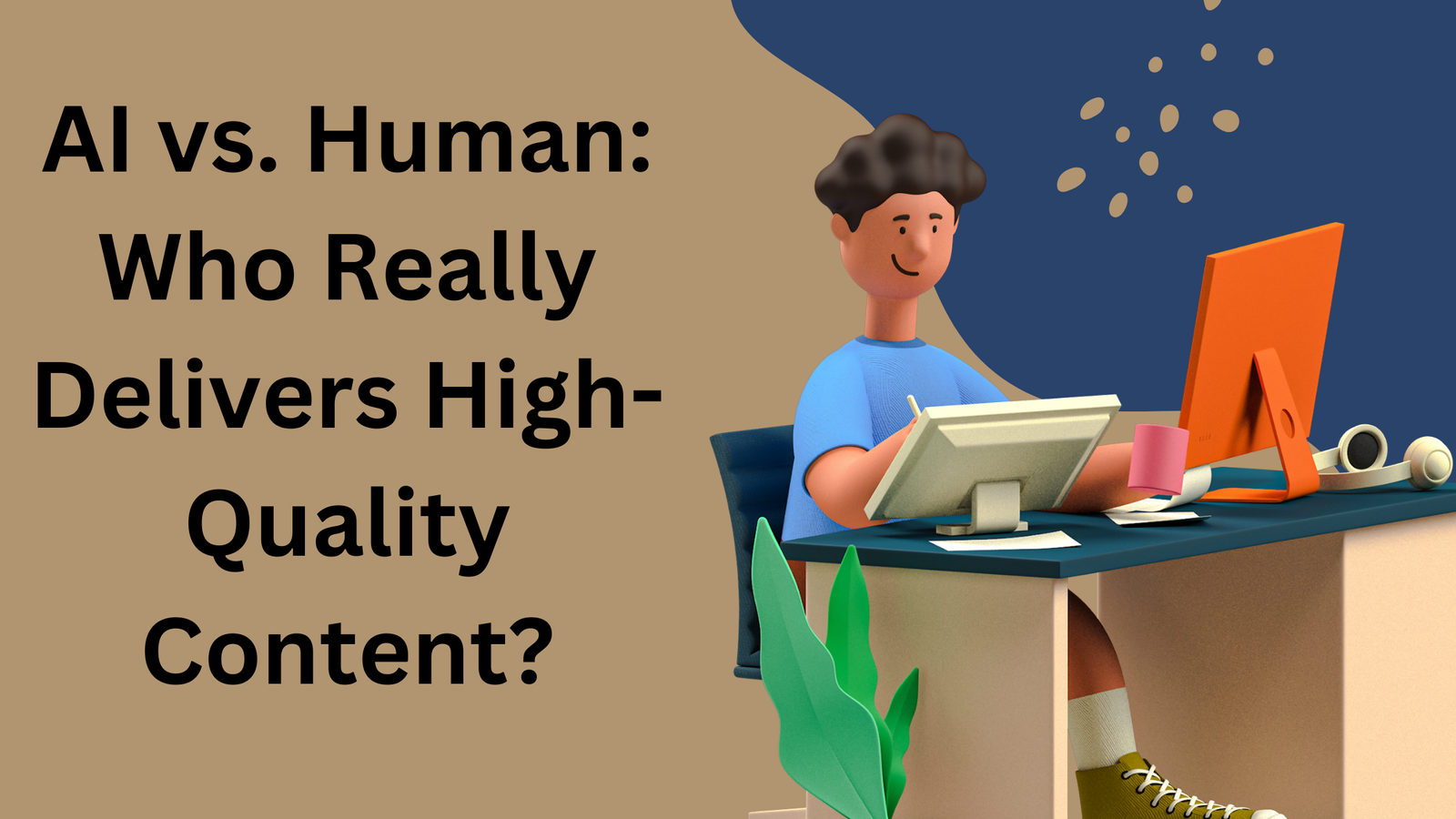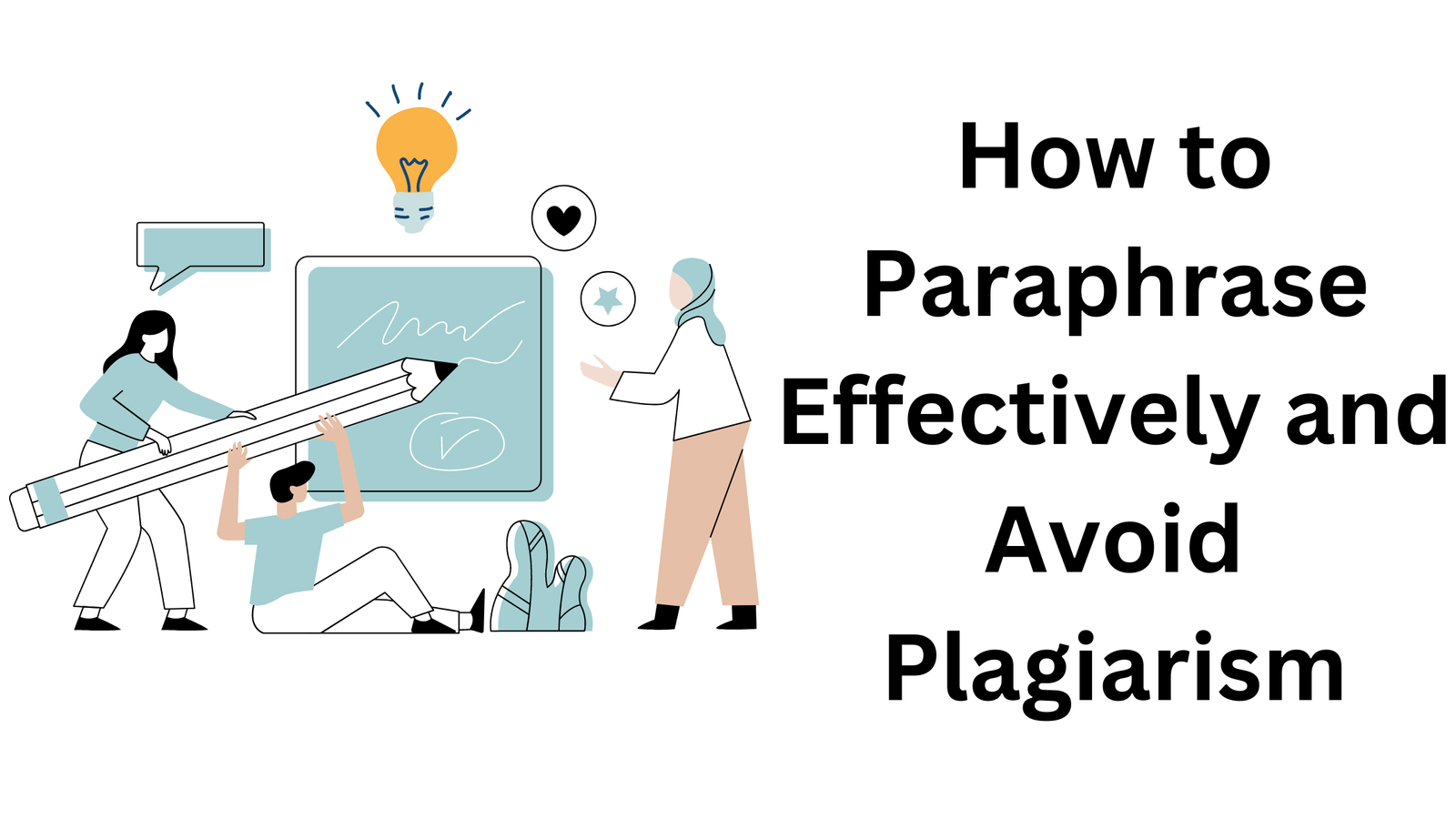JSON to Text
Convert JSON to text easily with our free online tool learn how to use it and simplify your data extraction process
Data conversion is a critical process in todays datadriven world enabling the seamless exchange storage and analysis of information across various platforms and systems as organizations gather data in diverse formats converting this data into a usable standardized form is essential for effective decisionmaking data analysis and integration with other systems json javascript object notation has emerged as a popular data format due to its simplicity and readability especially in web applications and apis however raw json data can be complex and cumbersome to interpret directly particularly when one needs to extract specific information for reporting or analysis this is where a json to text tool becomes invaluable it simplifies the process of converting json data into plain text making it more accessible and easier to manipulate by stripping away the structural complexity of json these tools allow users to focus on the content enabling quicker data extraction analysis and integration into other workflows this not only saves time but also reduces the potential for errors during manual data handling thereby enhancing the efficiency and accuracy of data processing tasks
What is JSON and Why Convert it to Text
Json javascript object notation is a lightweight data interchange format that is easy for humans to read and write and easy for machines to parse and generate its commonly used for transmitting data between a server and a web application as text jsons structure is based on keyvalue pairs arrays and objects making it flexible and powerful for representing complex data however there are situations where converting json to plain text becomes necessary one primary reason is readabilitywhile json is structured and easy to understand nontechnical users may find it overwhelming converting it to plain text simplifies the data stripping away the syntax and formatting and making the information more accessible another reason is integration with systems or applications that require text input by converting json to text data can be seamlessly imported into these environments without needing json parsing capabilities additionally converting json to text can help with data extraction allowing specific information to be pulled out and used in reports logs or other documentation where a simpler format is more appropriate this conversion also aids in debugging as developers can quickly review the data in its simplest form to identify issues ultimately the ability to convert json to text ensures that the data remains versatile and usable across various contexts from technical environments to everyday applications
Benefits of Using the JSON to Text Tool The json to text tool offers numerous benefits that streamline data processing and analysis making it an essential utility for developers data analysts and anyone dealing with json files json javascript object notation is a widely used format for data interchange but its complex nested structure can be challenging to read and interpret directly by converting json data into plain text this tool simplifies the process of understanding editing and managing the data it allows users to extract specific information quickly enabling easier debugging documentation and sharing of data with team members or clients who may not be familiar with json moreover transforming json into a text format makes it compatible with a broader range of software tools that might not natively support json thus enhancing interoperability and flexibility this conversion also facilitates data manipulation in environments where json parsing libraries are unavailable or cumbersome to use overall the json to text tool enhances productivity by making data more accessible reducing the time spent on manual formatting and allowing users to focus on the more critical aspects of their work
Key Features of the JSON to Text Tool The json to text tool is a powerful and versatile utility designed to simplify the process of converting json data into a readable text format one of its key features is the ability to handle complex nested json structures ensuring that all layers of data are accurately parsed and presented in a straightforward text format this tool is especially useful for developers and data analysts who need to extract specific information from large json files without losing the hierarchical relationships within the data it also supports various customization options allowing users to format the output text according to their preferences such as adjusting indentation levels or choosing between different data separators another notable feature is its efficiency in processing large json files ensuring quick conversion without compromising on accuracy the json to text tool is designed with userfriendliness in mind offering an intuitive interface that requires no advanced technical knowledge to operate making it accessible to both beginners and experienced users additionally the tool often includes options for batch processing enabling users to convert multiple json files simultaneously further enhancing productivity whether for debugging documentation or data analysis the json to text tool is an indispensable asset for anyone working with json data
How to Use the JSON to Text Tool Using a json to text tool is a straightforward process that involves converting structured json javascript object notation data into plain text for easier readability and manipulation the first step is to obtain the json data you wish to convert this data is typically in a hierarchical structure with keyvalue pairs arrays and objects once you have the json data you can either paste it directly into the tools input field or upload a file containing the json data after submitting the data the tool will process it flattening the nested structures into a linear humanreadable format this conversion allows you to view the data without the complexities of the original json format making it easier to extract and understand key information the output can then be copied or downloaded for use in documentation reports or other textbased applications json to text tools are particularly useful for developers data analysts and anyone who needs to simplify the visualization of complex data sets without altering the content itself
Step-by-step process of converting JSON to text
Converting json to text is a straightforward process that involves a series of methodical steps to extract and reformat data for easier readability or further processing the first step is to obtain the json file or string which is typically in a structured format with nested elements like arrays and objects once the json data is in hand its important to determine the specific elements or fields you need to convert especially if the json is complex and contains multiple layers of data you can use a json parser or a programming language like python javascript or even online tools to break down the json structure into its individual components for example in python you can use the json module to load the json data and then access the keys and values as needed the next step is to convert the extracted data into text format this can be done by iterating through the json structure and concatenating the values into a string or writing them directly to a text file depending on the use case you might also format the text output for better readability such as adding line breaks indentation or labels to identify different data fields finally once the json data has been converted to text its important to review the output to ensure that all relevant information has been accurately captured and that the text is structured in a way that meets your specific needs this stepbystep process helps in transforming structured json data into a more accessible and easily interpretable text format facilitating tasks like data analysis reporting or sharing information with others
Practical Applications of JSON to Text Conversion Json to text conversion has a multitude of practical applications particularly in fields that rely on data manipulation and analysis json javascript object notation is widely used for storing and exchanging data because of its lightweight and easytoread format however when it comes to tasks like documentation reporting or integrating with systems that require a plain text format converting json to text becomes crucial for example developers often need to extract specific data from json objects and present it in a humanreadable format for logs audits or user interfaces this conversion process simplifies the extraction of key information without the need for complex parsing or querying tools moreover it enhances the interoperability between different software systems especially those that dont natively support json in business intelligence for instance analysts may need to convert json data from apis into text to perform custom analyses or generate reports by transforming json into text teams can easily share data across different platforms ensuring that it is accessible and usable for a variety of purposes this flexibility is essential in dynamic environments where data needs to be quickly interpreted and acted upon
Best Practices for JSON to Text Conversion When converting json to text adhering to best practices ensures data integrity readability and usability first its crucial to maintain the structure and hierarchy of the json data during the conversion process this means preserving keyvalue pairs and nested objects in a way that the text output remains clear and interpretable using a consistent format such as indentation or line breaks helps enhance readability especially when dealing with complex json files its also important to validate the json before conversion to avoid errors or loss of information tools or scripts that automate the conversion should handle different data types appropriately ensuring that numbers strings arrays and objects are represented accurately in the text format additionally attention should be given to encoding particularly when dealing with special characters or nonascii text to prevent data corruption implementing these best practices not only makes the converted text easier to work with but also facilitates smoother integration with other systems or applications that rely on textual data processing
What are the differences between JSON and plain text Json javascript object notation and plain text are both formats for representing data but they serve different purposes and have distinct characteristics plain text is simply a sequence of characters with no inherent structure beyond basic formatting like line breaks its ideal for humanreadable content such as letters articles or notes where the primary goal is to convey information in a straightforward manner however plain text lacks the ability to organize data in a meaningful way that machines can easily process json on the other hand is a structured data format that uses keyvalue pairs and arrays to represent complex data in a hierarchical organized manner it is both humanreadable and machinereadable making it a preferred format for data interchange between web services apis and applications json provides a way to encapsulate and nest data making it possible to represent objects arrays and various data types like strings numbers and booleans in a way that plain text cannot while plain text is often easier to read at a glance jsons structured nature allows for more precise data manipulation and retrieval which is essential in modern software development and data processing in essence plain text is suited for unstructured or minimally structured content whereas json is designed for structured data that requires a clear standardized format for interaction between systems
Is there a limit on the size of JSON files that can be converted
When considering the conversion of json files to text one important factor to keep in mind is the size limitation of the files being processed while most json to text conversion tools are designed to handle a wide range of file sizes there are practical limits that users should be aware of the size of a json file can significantly impact the performance and efficiency of the conversion process larger json files require more memory and processing power which can lead to slower conversion times and in some cases even cause the tool to crash or produce errors the exact limit on the size of json files that can be converted varies depending on the specific tool being used as well as the hardware and software environment in which it is running some online tools may impose a maximum file size to prevent overloading their servers typically ranging from a few megabytes to several gigabytes on the other hand local conversion tools might offer more flexibility but are still subject to the constraints of the systems memory and processing capabilities additionally the complexity of the json structuresuch as deeply nested objects or large arrayscan further strain the conversion process even if the file size is within the acceptable range therefore its essential to check the documentation of the tool you are using to understand its limitations and optimize your json files accordingly to ensure a smooth and successful conversion
How secure is the data during the conversion process The security of data during the conversion process is a critical consideration especially when handling sensitive or confidential information when converting data from one format to anothersuch as from json to text or vice versathe security measures in place can significantly impact the protection of the data for many conversion tools encryption is a standard practice that ensures data remains secure both during transit and at rest this involves encrypting the data before it leaves the users environment and decrypting it only once it reaches the intended destination or output additionally reputable conversion tools often implement secure protocols and access controls to prevent unauthorized access they might also conduct regular security audits and employ safeguards against common vulnerabilities however it is crucial for users to verify the security practices of the conversion tools they use particularly when dealing with sensitive data ensuring that tools comply with industry standards for data protection and confidentiality can help mitigate risks furthermore using tools that provide clear privacy policies and data handling practices can offer additional assurance that data security is a top priority throughout the conversion process
Can I convert multiple JSON files at once Yes converting multiple json files at once is definitely possible and can be quite efficient especially if you frequently work with large volumes of data tools designed for batch processing or conversion typically support this functionality these tools allow you to select multiple json files and convert them in one go rather than handling each file individually this batch processing feature can save considerable time and effort particularly when dealing with extensive datasets or requiring frequent conversions for instance if you are working with a data pipeline or need to convert data from a json format to csv or text files for analysis or reporting batch conversion tools streamline this process they often come with userfriendly interfaces that let you drag and drop files select output formats and initiate the conversion with a single click additionally some programming languages and scripts can be written to automate this process using libraries or apis that handle batch conversions this capability is crucial for efficiency and productivity ensuring that your workflow remains smooth and manageable even when working with numerous files
Are there any limitations to the JSON to Text tool While json to text tools offer valuable functionality in transforming structured data into humanreadable formats they come with several limitations that users should be aware of one primary constraint is that json is inherently hierarchical and supports complex nested structures which can sometimes be challenging to represent effectively in plain text this transformation can lead to a loss of context or structure making it harder to interpret the data accurately without the original json format additionally json to text tools might not handle all data types or special characters properly potentially resulting in errors or omissions in the output another limitation is the potential for decreased readability when large or intricate json files are converted to text as the output may become cluttered or difficult to follow furthermore these tools often lack customization options which can limit their adaptability to specific formatting or presentation needs lastly for users who require precise data manipulation or integration with other systems relying solely on json to text tools may not provide the flexibility or functionality needed for advanced use cases








.png)




